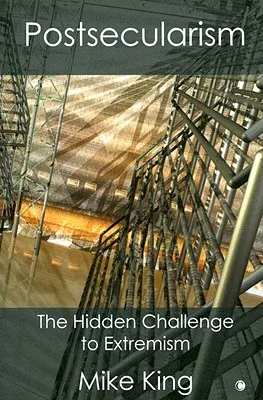Spirituality in the post-9/11 world is a complex topic. The detente
between secular culture and religious faith that characterised the 20th
century, the mutual ignorance pact, has been shattered. From the rise of
Islamic extremism to the American Christian Right to the fiercely
anti-religious writings of staunch atheists such as Richard Dawkins, the
controversy over what role the spiritual can or should play in our
lives, public and private, has never been more widely discussed or hotly
contended. In Postsecularism, Mike King posits that out of this conflict
between socially dominant secular thinkers and the new defenders of
faith is arising a distinct way of thinking that is neither a return to
pre-Enlightenment beliefs nor a continued hegemony of the secular the
postsecular. At once retention of secular critical attitudes and a
return in all seriousness to questions of the spirit, the postsecular
provides a framework within which to move beyond the extremism of
faithful and atheistsalike. Drawing on contemporary thinkers from across
the spiritual spectrum including Dawkins, Antony Flew, Christopher
Hitchens, Alister McGrath, Daniel Dennett, Keith Ward, Richard Swinburne
and Martin Amis, King carefully constructs a new mode of thought and
explores its relevance to everything from physics to the arts,
postmodernism, and feminism. What emerges is a thoughtful and persuasive
discussion of the route to reconciliation between the combative worlds
of the religious and the secular.

